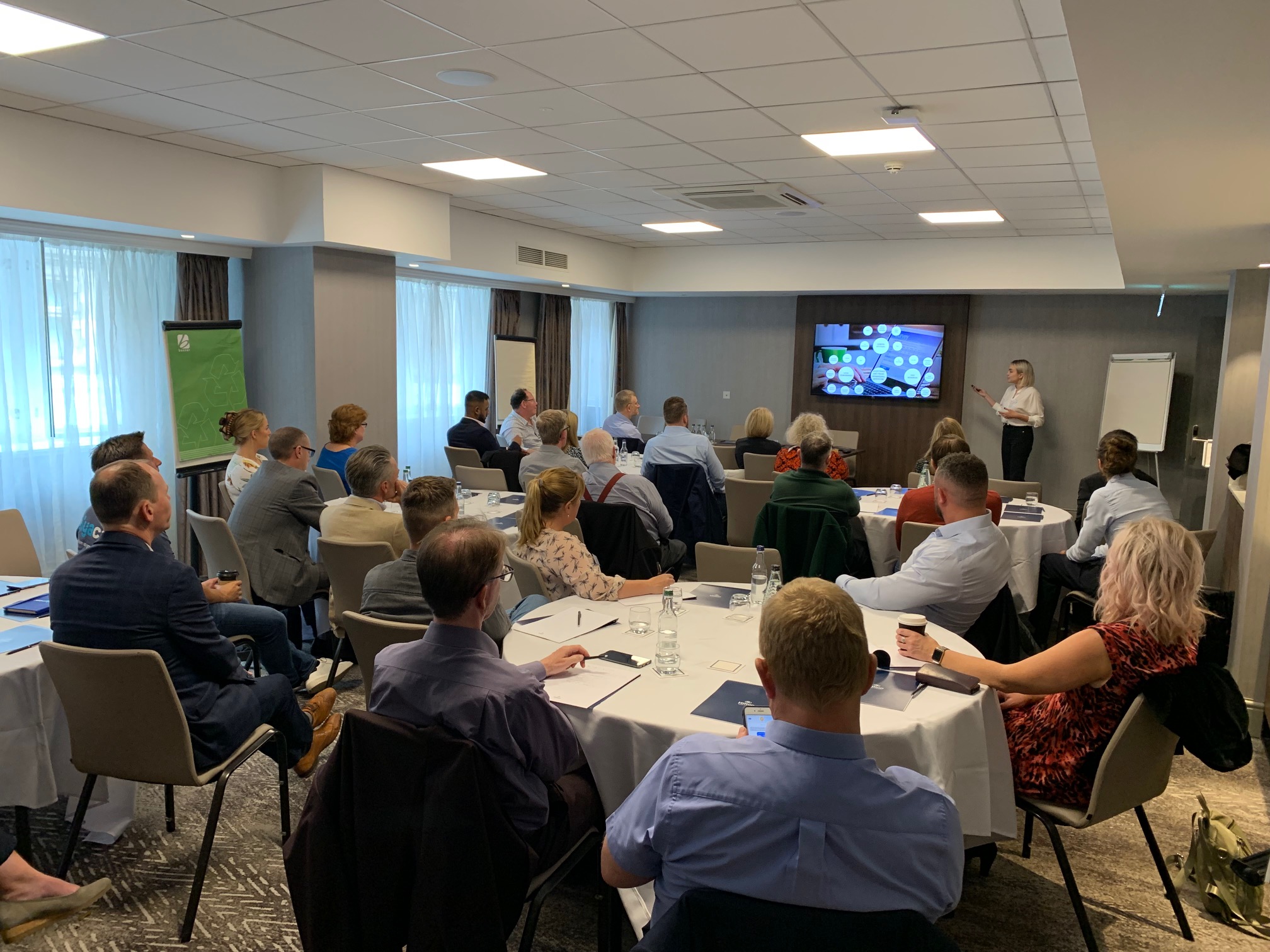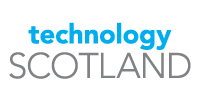



Background
The highlight of the MaaS Scotland event calendar, our Annual Conference and Dinner, returned in person on the 23rd of June in Edinburgh. This year’s event focussed on the role of MaaS in supporting the Scottish Government’s ambition to reduce car kilometres by 20% by 2030. Across the day attendees heard details of ongoing MaaS projects from across the UK and discussed key considerations relating to MaaS upscale, including governance, policy, behavioural change, and funding.
Keynote Session
The event kicked off with an opening presentation from Jenny Gilruth, MSP, Minister for Transport. The Minister highlighted the important role that MaaS stands to play in Scotland’s future transport provision, a role highlighted within Scotland’s route map to reducing car kilometres by 20% and the recent Strategic Transport Projects Review.
Attendees then heard from Chris Hillcoat of Solent Transport who discussed progress in the recently launched Solent Transport MaaS project, funded through the Future Transport Programme. Chris highlighted the challenge of balancing the needs and interdependencies of all actors within a MaaS ecosystem and emphasised the importance of marketing and communications in order to build the user base required to establish meaningful impact.
The session concluded with a presentation from Deborah Paton, Head of Transport Strategy at Glasgow City Council. Deborah discussed the recently developed policy framework for the Glasgow Transport Strategy, highlighting the complexities and interdependences that exist when attempting to align future transport roll out with multiple adjacent policy goals. Deborah highlighted the opportunity for MaaS and confirmed that Glasgow City is considering MaaS pilots in the near future.
MIF Panel
The second session of the day took a closer look at the ongoing programme of pilot projects supported through the Scottish Government’s MaaS Investment Fund. Through a discussion panel of project leads (Go-Hi, ENABLE, GetGo Dundee, Go SEStran and St. Andrews MaaSterplan), attendees had the opportunity to question those leading MaaS delivery in Scotland, building an understanding of the diverse range of delivery models adopted across the projects and hearing more about their aspirations for the future.
The session concluded with our annual SME Showcase (details available through the Members Area of the MaaS Scotland website).
Workshop sessions
After lunch attendees were split into two interactive workshop sessions exploring Governance & Policy and Behavioural Change.
Governance & Policy
Workshop attendees were asked to discuss the following question:
What interventions relating to policy/governance/regulation/legislation do you believe would have greatest positive impact on the future delivery of MaaS?
There were 5 groups in this session and each was asked to list their top 3 interventions. There was broad agreement across the groups with the following three interventions highlighted consistently:
- Long term specific commitments from Government, with a clear direction of travel, are required to unlock future investment and upscale of MaaS. Without this clarity, there is a risk future delivery could stall.
- Access to, and standardisation of, data is crucial in building MaaS solutions and ensuring future interoperability. Legislation may be required where other levers are not compelling enough.
- There must be a minimum level of provision across all modes to ensure trust/confidence in the service levels that underpin any MaaS offering. Without this, the value of any MaaS system is greatly diluted.
Behavioural change
Workshop attendees were asked to discuss the following question:
What interventions do you believe would have greatest impact on behavioural change relating to transport choices?
There were 5 groups in this session and each was asked to list their top 3 interventions. There was broad agreement across the groups with the following three interventions highlighted consistently:
- Awareness is critical and efforts must be made to improve information on all travel options available. This information must be provided in an accessible, reliable and easy to use format. This provision should go beyond basic information such as timetables, fares, etc. and include, for example, carbon footprint, air quality and calorie usage.
- There is huge potential for the use of incentivisation packages aligned to a MaaS offering. Such packages would reward ‘good’ transport behaviour with opportunities to do so through retail partnerships, mobility credits or fare discounts.
- We must not lose sight of the fact that journey choices are so often dictated by reliability and comfort. Efforts must be made to build the confidence of shared transport users by improving areas such as cleanliness, safety and journey time.
Who pays for MaaS?
The formal proceedings for the day culminated in a panel session discussing one of the more controversial areas when considering MaaS delivery – who pays for it?
Panel (Chaired by George Hazel):
- Chris Lane, Head of Transport Innovation, Transport for West Midlands
- James Lancaster, Head of European Mobility Innovation, Enterprise
- James Datson, Chief Revenue Officer, Mobli
- Georgia Yexley, General Manager UKI, TIER
Together with our very engaged audience, panellists discussed the roles and responsibilities of the various actors involved in MaaS delivery. Points discussed during this session included:
- The commercial model for MaaS will often be dictated by local conditions.
- Those who stand to benefit most from MaaS delivery should support it.
- There must be support (and direction) from public bodies (Local Authorities, Regional/National Transport Authorities).
- MaaS must be value driven – value for the customer, for the operator, for the region.
- Value cannot be measured in revenues only. What about congestion reduction, decarbonisation, access, air quality, etc.?
- Investment must be considered as part of future transport investment more widely.
- Users may shoulder some of the costs but public acceptance must be built and value demonstrated.
Presentations
Presentations are available for members to view/download via the Members Area of the MaaS Scotland website.
Looking ahead to 2023
The MaaS Scotland annual Conference and Dinner will return to the Hilton Edinburgh Carlton Hotel on Thursday 8th June, 2022. We look forward to seeing you there!
